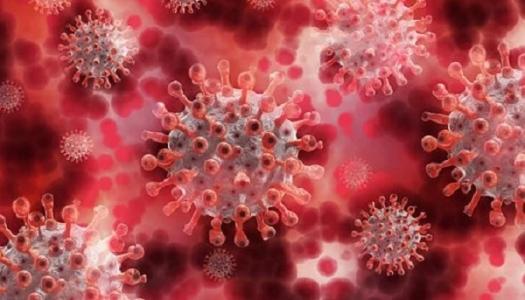No measurements: many problems

The President of Brazil doesn’t want to know, and doesn’t want anyone else to know, how many cases of COVID-19 there are in his country. The President of the USA recently said “When you test -- when you do testing to that extent, you're going to find more people. You're going to find more cases. So I said to my people, slow the testing down, please."
As the old saw goes, ignorance is bliss. At least for some political leaders.
As scientists, we are often concerned about trying to reduce our ignorance of what is going on in the world through measuring things, because measuring is one of the many important ways of understanding the world and what is going on in it.
Measuring COVID-19 rates is vital to dealing with this enormous problem.
One way to avoid the awareness that you have a problem, though, is by not measuring those things that might be problematic. If governments don’t test for COVID-19, they won’t have to act on its spread (at least until it is so bad that they have to). If governments don’t know how much energy a country is using, leaders might not see any reason for engaging in energy conservation. If Charles Keeling1 had not begun measuring CO2 in the atmosphere in the late 1950s, we might have a very different understanding of why glaciers are melting and sea levels are rising. If countries don’t measure their carbon emissions, they’ll have little idea as to what they can do to ameliorate climate change.
When governments (and individuals) don’t measure things, from the spread of COVID-19 to the rate of CO2 emissions to the size of the discrepancy in income between the 1% and the rest of us, ignorance is not bliss, as Hobbes (of the cartoon Calvin & Hobbes) points out. Ignorance then is dangerous.
When my two-year-old grandson says that he sees things that aren’t there, or doesn’t see things that clearly are there, that might be OK. But it is not OK at all when leaders of countries choose to not see important things and then use their powers to not allow anyone else to see them either; by not measuring things, they act to keep hidden the details of our world that need to be revealed in order for all of us to act appropriately and responsibly.
Wilful stupidity is dangerous and criminal and can generate great pain and destruction. Our task as citizens is to demand that our leaders never ignore the gathering of critical data that tells us what is going on around us.
Decades ago, when I was running a non-profit in Vancouver that provided energy conservation services to BC schools, I learned the adage “if the client doesn’t think they have a problem, then you can’t sell a solution.” One of our jobs as scientists is to collect and present the numbers that reveal the problems around us—to measure those problems—and, hopefully, to be able to propose solutions.
1The Keeling Curve: Carbon Dioxide Measurements at Mauna Loa
https://www.acs.org/content/acs/en/education/whatischemistry/landmarks/keeling-curve.html